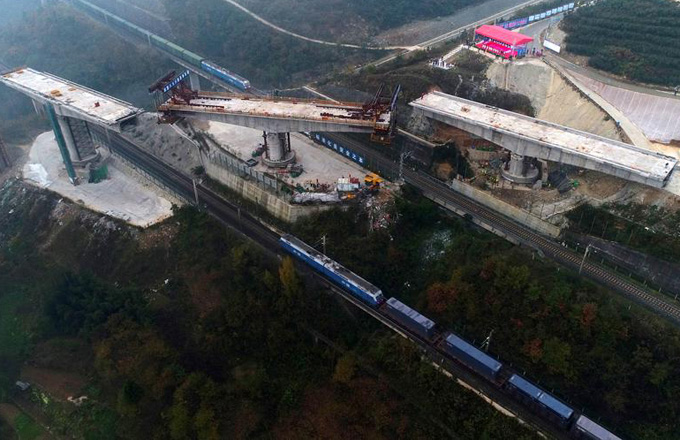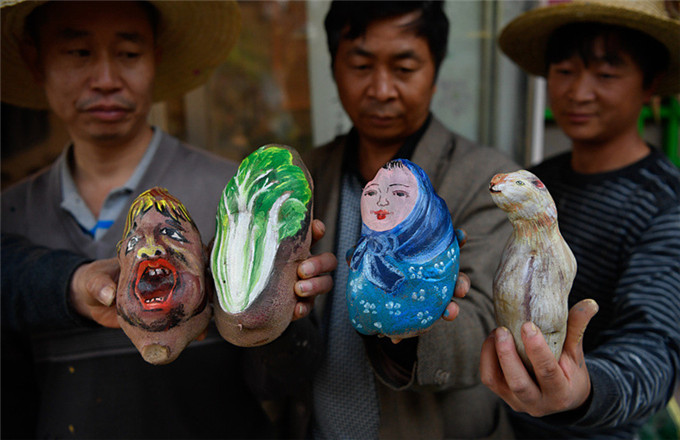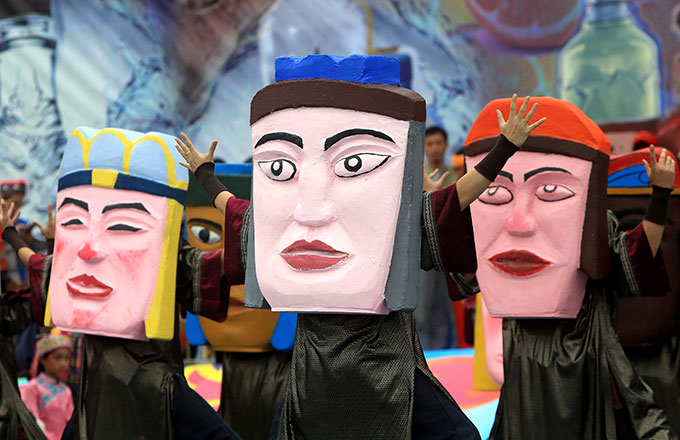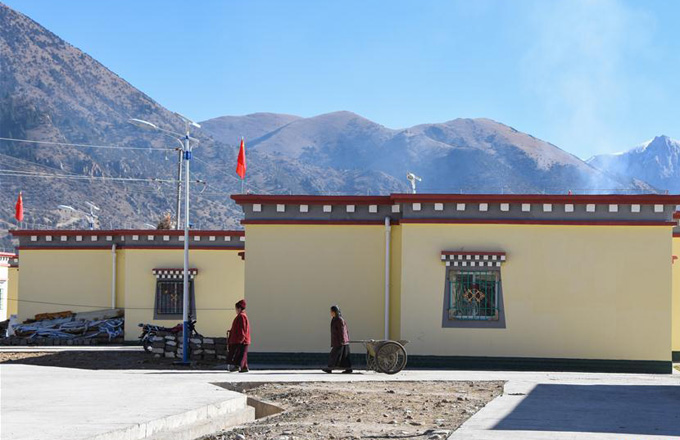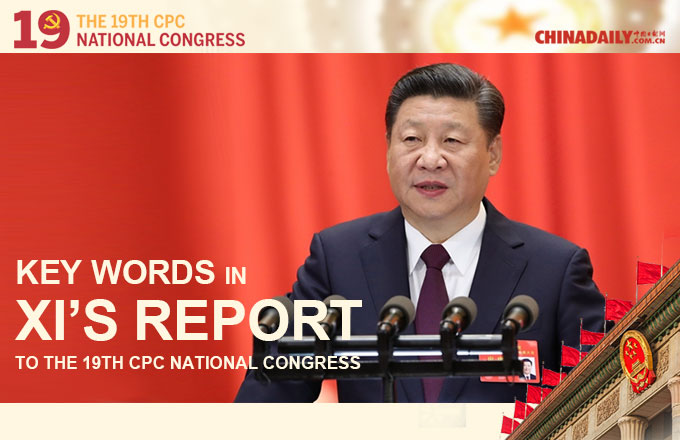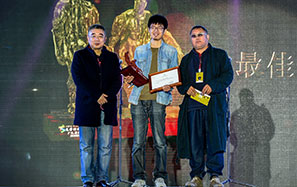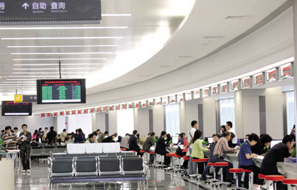China's movie industry in the frame for global recognition
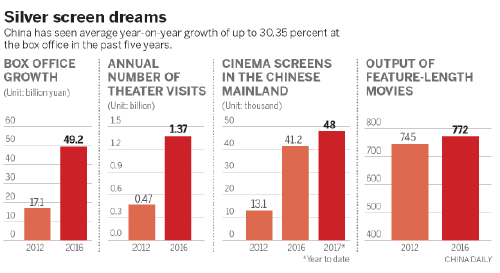 |
The pressure exerted by powerful rivals overseas has resulted in changes to homemade movies, especially those with traditional themes.
The Taking of Tiger Mountain, a 2014 movie by Hong Kong director Tsui Hark about a Communist Party agent's crackdown on a group of ruthless bandits in 1947, is widely seen as a pioneering work that signaled profound changes to stereotypical "revolutionary movie" genre.
In the past, it was rare for filmmakers from outside the Chinese mainland to make these revolutionary movies, mainly because they knew very little about the history of the Communist Party of China. Moreover, auteurs from overseas were rarely interested in unrealistic portrayals of the main protagonists, who were usually depicted in black-and-white/good-and-bad terms.
By contrast, The Taking of Tiger Mountain won acclaim for successfully combining dazzling action scenes, star power and Hollywood-style twists in a fundamentally Chinese tale.
Similar cases include Operation Mekong, based on the true story of the murder of 13 Chinese sailors by a drugs ring in Myanmar, and The Founding of an Army, which relates the early history of the People's Liberation Army.
In Operation Mekong, Hong Kong director Dante Lam provided nuanced, human depictions of Chinese police officers, while in The Founding of an Army his fellow Hong Kong filmmaker Andrew Lau uses a cast of pop idols and eye-popping battlefield scenes to attract the younger generation.
Hong Kong influence
Miao Xiaotian, general manager of China Film Co-Production Corp, said Hong Kong movie talent has played a significant role in boosting the industry on the mainland.
"Hong Kong filmmakers started to come to shoot films in the mainland in the 1990s. Their long experience and skill at making commercial movies, such as in action choreography and storytelling, make their works stand out," he said.
Although he noted that Hong Kong-mainland coproductions have been more commercially successful than collaborations between studios on the mainland and overseas outfits, joint ventures with foreign filmmakers have seen rapid growth and a number of changes, from the use of Hollywood stars to foreign post-production crews.
In recent years, sci-fi movies, one of Hollywood's most profitable genres, have experienced a surge of popularity in China, partly as a result of Liu Cixin becoming the first Chinese author to win the prestigious Hugo Award for science fiction in August 2015.
Liu's success sparked enthusiasm among Chinese filmmakers, with the result that more than 80 sci-fi projects were slated to start later the same year. Before 2015, the number was zero.


